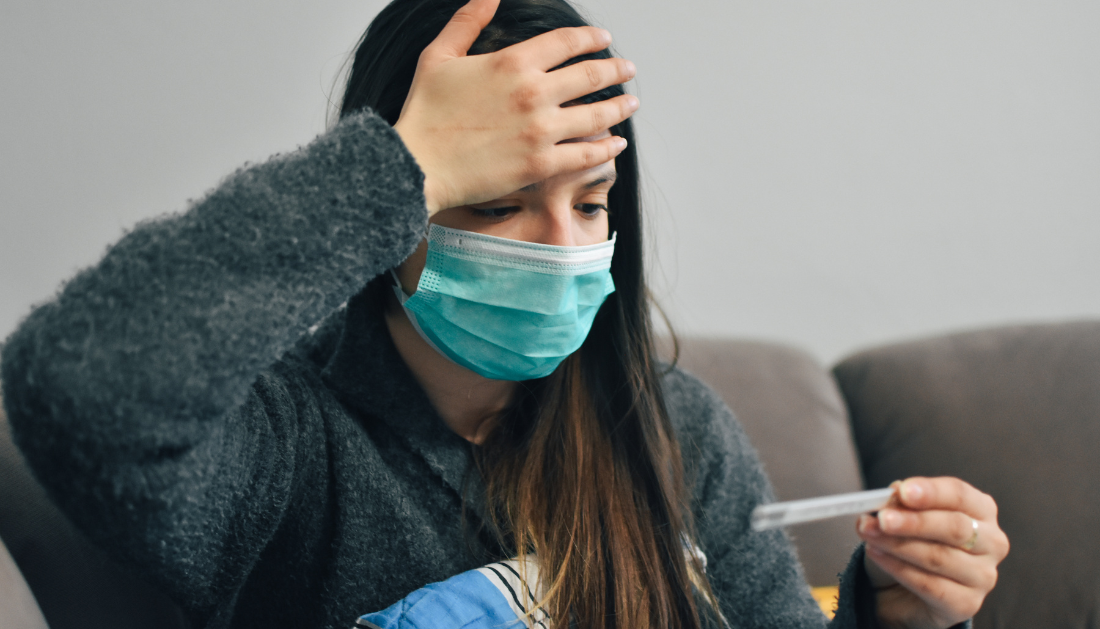

A new case series by UC San Francisco (UCSF) suggests that an extended course of Paxlovid may provide relief for certain patients suffering from long COVID symptoms. This finding contrasts with earlier clinical trials, which showed little to no benefit from the antiviral treatment. Researchers believe that more studies are needed to determine which patients are most likely to benefit and how long the medication should be administered.
Long COVID remains a significant public health concern, affecting approximately 17.6 million Americans, according to the Centers for Disease Control and Prevention (CDC). Symptoms range from brain fog, fatigue, and headaches to respiratory and cardiovascular issues. Despite years of research, there are still no federally approved treatments specifically for long COVID.
Published in Communications Medicine, the study highlights the variability in patient responses to Paxlovid. Researchers collaborated with members of the Patient-Led Research Collaborative, a group of individuals with long COVID who also conduct research. The team analyzed 13 patients who received Paxlovid for durations longer than the standard five-day course, observing a range of outcomes.
Out of the 13 participants, five experienced sustained symptom improvement, while others reported temporary relief or no change at all. For instance:
- A 56-year-old man experienced no improvement after a five-day course but reported significant cognitive and physical symptom relief after a 15-day treatment.
- Conversely, a 45-year-old woman saw a brief reprieve from symptoms after five days but experienced no improvement following a 15-day course.
These contrasting outcomes underscore the complex nature of long COVID. With over 200 recognized symptoms, diagnosing and treating the condition remains a significant challenge.
According to Dr. Michael Peluso, principal investigator of UCSF’s long COVID research program, understanding why some patients respond well to Paxlovid while others don’t is a critical question for advancing treatment strategies.
UCSF has also launched the world’s first long COVID tissue bank, aiming to uncover the biological mechanisms driving the condition. While extended Paxlovid treatment isn’t a universal solution, it represents a promising avenue for tailored therapy for those suffering from long COVID.
More Information: Communications Medicine (2025). DOI: 10.1038/s43856-024-00668-8.https://www.nature.com/articles/s43856-024-00668-8
more recommended stories
 Acute Ischemic Stroke: New Evidence for Neuroprotection
Acute Ischemic Stroke: New Evidence for NeuroprotectionKey Highlights A Phase III clinical.
 Statins Rarely Cause Side Effects, Large Trials Show
Statins Rarely Cause Side Effects, Large Trials ShowKey Points at a Glance Large.
 Anxiety Reduction and Emotional Support on Social Media
Anxiety Reduction and Emotional Support on Social MediaKey Summary Anxiety commonly begins in.
 Liquid Biopsy Measures Epigenetic Instability in Cancer
Liquid Biopsy Measures Epigenetic Instability in CancerKey Takeaways Johns Hopkins researchers developed.
 Human Antibody Drug Response Prediction Gets an Upgrade
Human Antibody Drug Response Prediction Gets an UpgradeKey Takeaways A new humanized antibody.
 Pancreatic Cancer Research: Triple-Drug Therapy Success
Pancreatic Cancer Research: Triple-Drug Therapy SuccessKey Summary Spanish researchers report complete.
 Immune Cell Epigenome Links Genetics and Life Experience
Immune Cell Epigenome Links Genetics and Life ExperienceKey Takeaway Summary Immune cell responses.
 Dietary Melatonin Linked to Depression Risk: New Study
Dietary Melatonin Linked to Depression Risk: New StudyKey Summary Cross-sectional analysis of 8,320.
 Chronic Pain Linked to CGIC Brain Circuit, Study Finds
Chronic Pain Linked to CGIC Brain Circuit, Study FindsKey Takeaways University of Colorado Boulder.
 New Insights Into Immune-Driven Heart Failure Progression
New Insights Into Immune-Driven Heart Failure ProgressionKey Highlights (Quick Summary) Progressive Heart.

Leave a Comment